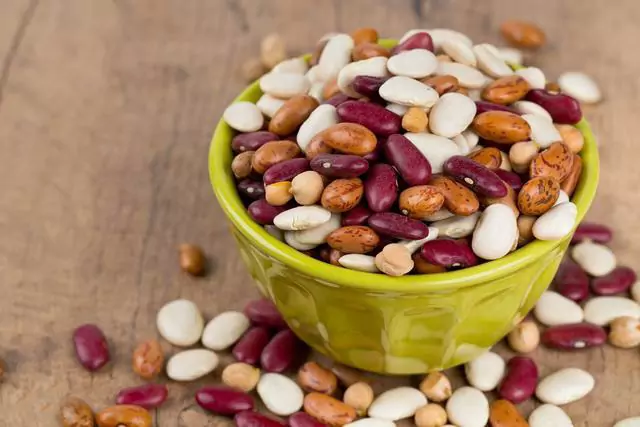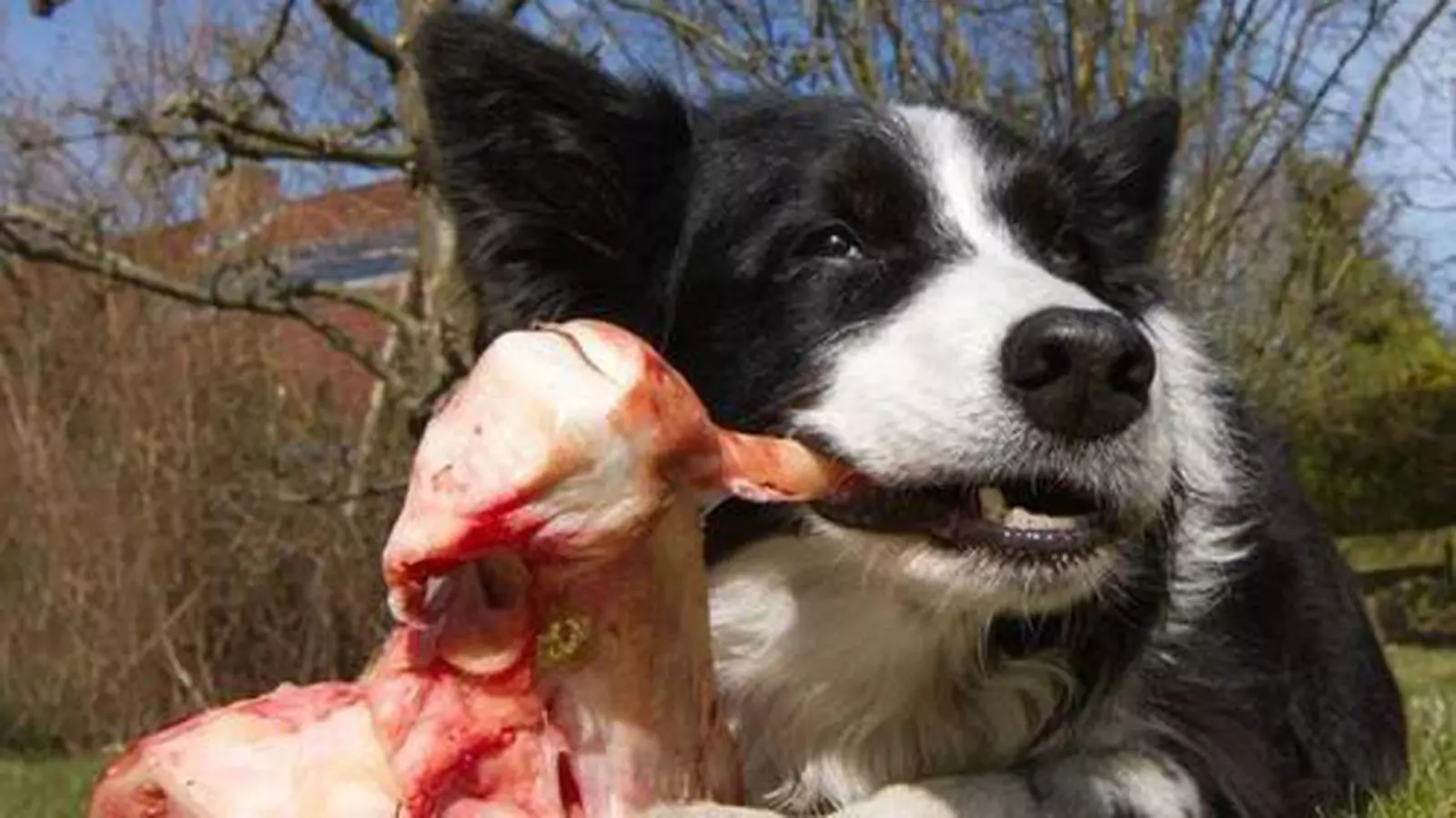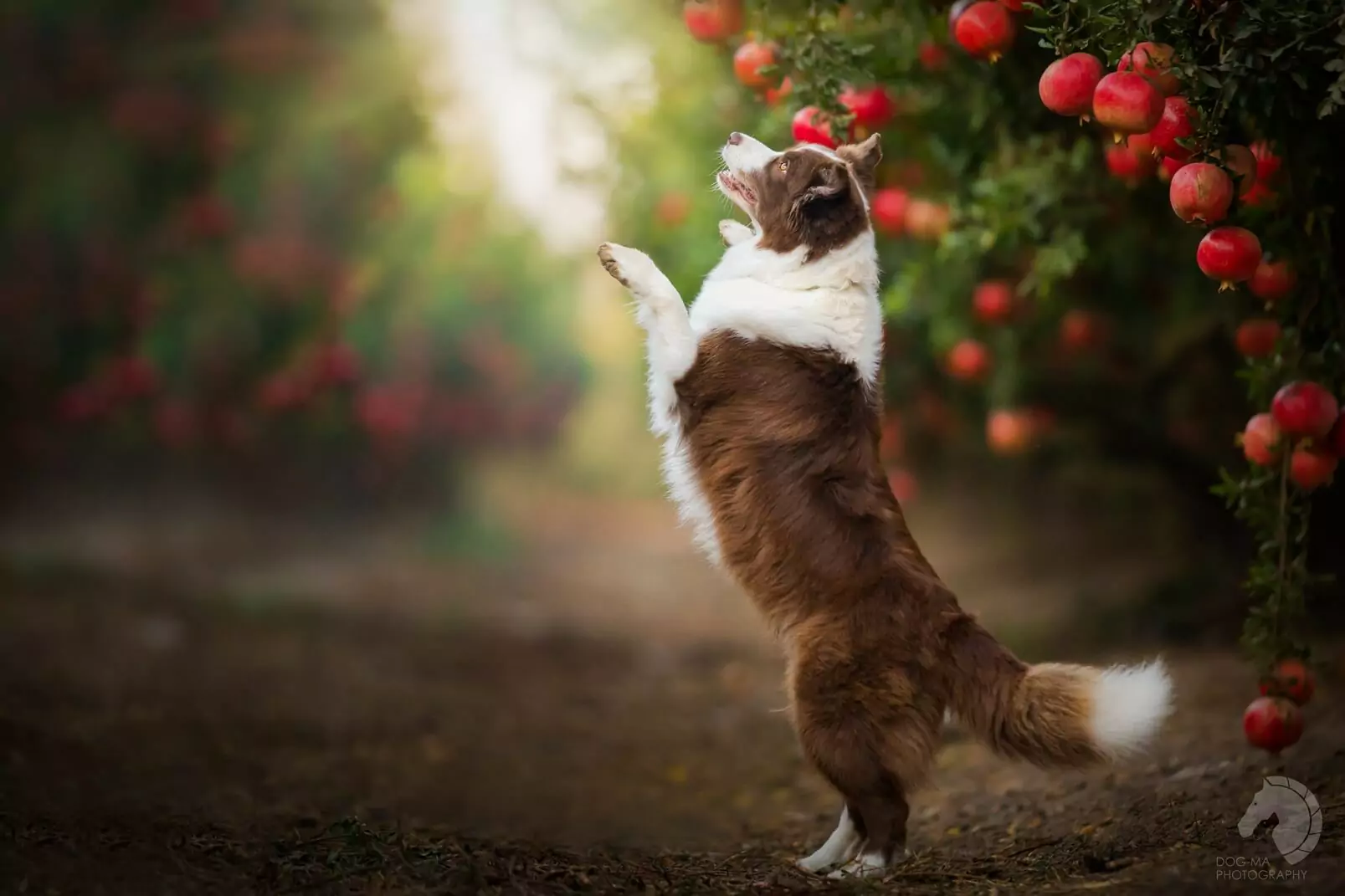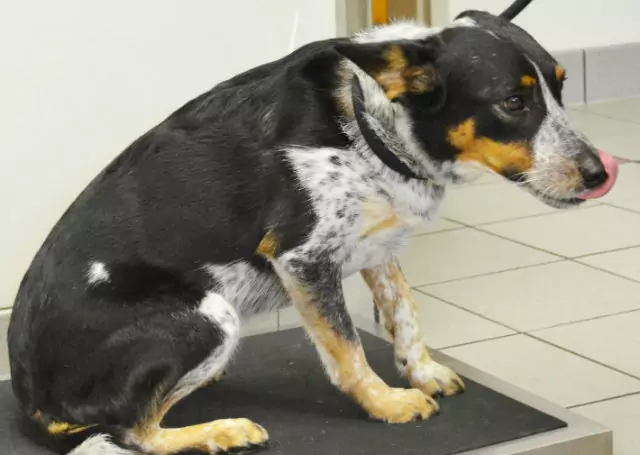Can dogs eat marshmallows? The dangers of marshmallows for dogs
2022-07-08
Marshmallows are soft, fluffy candy originally made from an ancient Egyptian herb. Both humans and dogs are very fond of this sweet treat. Due to extensive processing, Americans consume over 90 million pounds of marshmallows each year.
In modern times, marshmallows are made from a mixture of sugar, corn syrup, water, gelatin, and vanilla flavoring, then baked into some lovely shapes and coated with confectioners' sugar or cornstarch. They are usually shaped as cubes but can be molded into any shape.
Can dogs eat marshmallows?
Of course, they can, but only if they want certain specific types of marshmallows. Many dogs love its fluffy texture and sweet taste. Some pet owners even use marshmallows to mix medications as a way to get them down smoothly.
While dogs can eat marshmallows, that doesn't mean they should. This food is high in calories and many are made with xylitol, which is toxic.
I. The dangers of marshmallows for dogs
When feeding marshmallows to dogs, keep in mind the following dangers.
1. Because marshmallows are made from sugar and corn syrup, some dogs may experience gastrointestinal upset and even pancreatitis. Vomiting, diarrhea, and abdominal pain are common symptoms.
2. The high-calorie content can lead to obesity. So you should not feed marshmallows to overweight dogs.
3. Xylitol is an artificial sweetener commonly used in the production of marshmallows, but xylitol can cause poisoning in dogs. Ingesting even a small amount of food containing xylitol can cause a life-threatening drop in blood sugar, which can lead to seizures and even death. Another toxic effect of xylitol ingestion in dogs is the development of liver disease or liver failure. So before feeding, always check the packaging of the marshmallow to determine if it contains xylitol.
4. Marshmallows containing other ingredients or flavors may increase the likelihood of gastrointestinal distress in dogs. The type of chocolate dip or flavored coating can lead to the development of chocolate toxicity or pancreatitis.
5. Although uncommon, some dogs may be allergic to some of the ingredients in marshmallows.
6. Marshmallows come in many different sizes, usually 1.5 inches or larger. Note that large marshmallows are a potential choking hazard for puppies.
What should you do if your dog eats marshmallows containing xylitol?
Xylitol is a sugar alcohol sweetener found in many sugar-free human foods, including candy, baked goods, peanut butter, and chewing gum. Ingestion of xylitol can cause a sudden drop in blood sugar, which can lead to drowsiness, weakness, loss of coordination, and an attack within 30 minutes. The above symptoms can last for several hours. Treatment for this problem includes frequent glucose checks and intravenous glucose supplementation. In addition to a drop in blood sugar, xylitol can cause life-threatening liver failure in dogs.
Because of the greater danger of xylitol, after your dog ingests a product containing xylitol, your veterinarian may recommend that he be
II. Can dogs eat candy
Dogs can eat candy.
Many dogs like candy, such as milkshakes, shortbread, and peanut brittle.
They also like treats with high sugar content, such as buttercream and iced tears. But be aware that feeding your dog candy brings three problems a pair of dental damage.
This is bad for Bear's teeth. It sticks to the teeth and can lead to tooth decay.
If the owner rarely, if ever, brushes his teeth, it can easily lead to periodontitis and bad breath. Secondly, it causes hair loss.
Eating sugar directly or sugar contained in sweet foods such as cream cakes will increase the gastrointestinal burden of the bears and cause endocrine disruption. Eating too much can lead to endocrine disorders, and even Bichon Frise hair loss
3. Lead to obesity.
Eating too much sugar will make the bears obese, and obesity can easily induce a series of diseases, such as fatty liver, diabetes, hyperlipidemia, coronary heart disease, etc...
And destroy the sports, circulation, reproduction, and other systems.
These diseases can be life-threatening, especially as the dog gets older.

Three: Are marshmallows good for dogs?
The most succinct answer is no. Marshmallows aren't particularly good for people either.
Corn syrup
Sugar
Glucose
Water
Modified corn starch
Gelatin
Sodium Tetrapyrophosphate
Artificial color
Marshmallows and Dogs
Allowing your dog to eat marshmallows may be both safe and beneficial. Especially if you make your marshmallows using veterinarian-approved dog-safe ingredients. But can dogs eat marshmallows every day? When deciding whether to feed commercially prepared, pre-packaged marshmallows, it is overall wisest to avoid turning to cleanliness.
Are Marshmallows Toxic to Dogs?
Whether or not marshmallows for dogs are toxic can be boiled down to a few things.
What ingredients are in the particular marshmallow candy your dog is eating?
The amount of marshmallow candy your dog eats.
In terms of ingredients, there are several major hazard categories.
Sugar.
Artificial sweeteners.
Artificial ingredients.
Xylitol, for example, is so dangerous to dogs that some veterinarians say it is more deadly than chocolate. Xylitol is a very common artificial sweetener added to many products labeled "sugar-free," including chewing gum, nut butter, and marshmallows.
If marshmallows contain xylitol, do not give them to your dog! No treat worth losing a precious pet for! There are no universally accepted standard amount of marshmallows in terms of providing your dog with an occasional snack. However, offering one or two mini marshmallows in the first place is the wisest choice, at least until you see how your dog reacts.
Are marshmallows bad for dogs?
As long as the marshmallows in question are sweetened with sugar rather than an artificial sweetener such as xylitol, having marshmallows every once in a while is usually not that bad for dogs.
Feeding the occasional marshmallow treat with occasionally added sugar may even be beneficial for other reasons. Your dog won't take a medically necessary pill, for example, unless it's hidden inside a deliciously rich marshmallow. But in general, if you offer marshmallows as a treat for your dog, you can choose from many other, better treatment options.
Are marshmallows safe for dogs?
Technically speaking, very small amounts of marshmallows are usually safe for dogs. However, they will never fall into the "healthy dog treats" category, and as mentioned earlier, there are other better-tasting snacks that you can choose to offer your dog that she may also enjoy.
Can puppies eat marshmallows?
Puppies have very specialized dietary needs during each stage of their first year. In the earliest weeks, puppies are completely dependent on their mother for all the nutrients their fast-growing bodies need. Even so, it is estimated that 30% of newborn puppies do not survive the weaning stage. This just goes to show the importance of not feeding puppies anything other than nutritionally essential foods. Help their bodies get the necessary vitamins, minerals, and nutrients to keep them healthy for life. Therefore it is not advisable to feed marshmallows to puppies.
Do dogs like marshmallows?
Some dogs may be more food conscious than others. Some dogs will not eat anything other than their regular daily dog food. Then some dogs will eat carpet, tile, and even flooring, and if they are not nailed down, your dog may be somewhere in between. Most dogs find marshmallows to be a tasty treat, meaning that most species will find them pleasant to taste.
Dogs eat marshmallows - what do I do?
Prepare the marshmallow bag so you can read the responders' ingredient list, identify any known toxins or poisons in the dog, and then discuss the next steps. Expect diarrhea or constipation as well as bloating especially if your dog consumes marshmallows sweetened with sugar, the most likely side effect is constipation or diarrhea plus bloating. If you notice these effects, it is best to take your dog to an animal emergency room immediately for treatment. You should consult your veterinarian as soon as possible, as your veterinarian will be the professional most familiar with your dog's specific health history, including current age, weight, food intolerances, and breed-specific health issues.
Can dogs eat marshmallows?
You are your dog's owner, caregiver, best friend, and advocate. Therefore, only you can decide if you feel comfortable offering marshmallow treats to your puppy on occasion. However, if you have any doubts or reservations, it is best not to offer marshmallows.
#
Marshmallow
#sweetener
#lead
#corn syrup
#candy
#puppy
#food
#ingredients
#veterinary
#contains xylitol
Previous:Can dogs eat ketchup?
Was this article helpful to you?
Other links in this article
Comments

Is a dog's mouth cleaner than a human's? Dogs' mouths need regular cleaning

Can dogs eat beans? Do dogs eat beans for health?

Can dogs eat lemons? Fruits that dogs should not eat more of

Do dogs have nightmares? Are dogs' dreams similar to humans'?

Can dogs eat raw beef? The benefits and drawbacks of beef for dogs

Is raw meat good for dogs? Can dogs eat raw chicken?

Can dogs eat pomegranates?

Can dogs eat ham?Can all types of ham hocks be eaten?

How to give a dog a bath

Can dogs eat kimchi?










